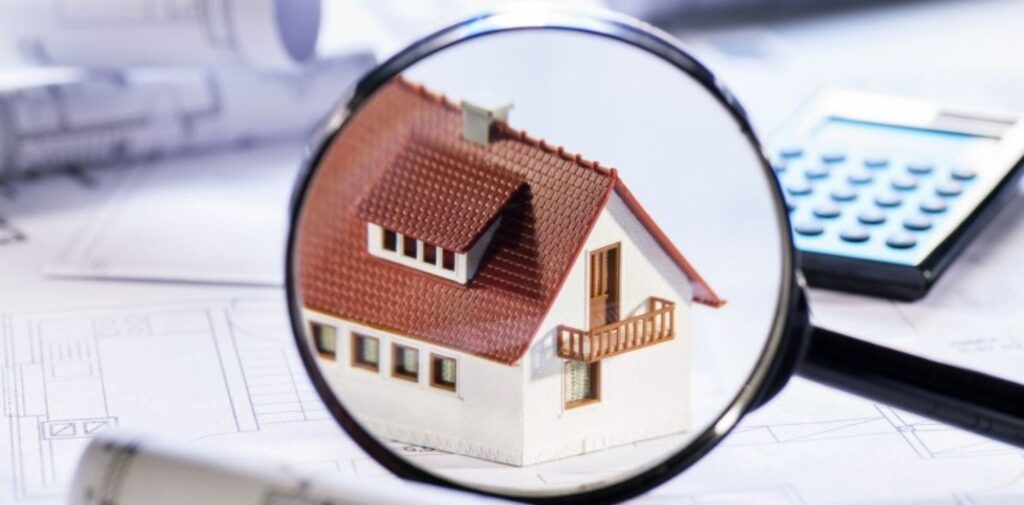
Buying property in Gurgaon can be an exciting and rewarding investment, but it is important to understand the legal aspects involved in the process. As the city continues to grow, it has become a popular choice for homebuyers, both for personal use and investment purposes. However, navigating the legalities of buying property in Gurgaon requires careful attention to detail to ensure that the transaction is smooth and secure. Below are key legal considerations to keep in mind when Buying property in Gurgaon can be an exciting and rewarding investment, but it is important to understand the legal aspects involved in the process in Gurgaon.
Verify the Ownership and Title of the Property
Before you proceed with buying property in Gurgaon, the first step is to verify the ownership and title of the property. It is important to ensure that the person selling the property is the legitimate owner and has the legal right to sell it.
Check the property’s title deed to confirm that it is free from any legal disputes or encumbrances. The title deed should clearly state that the seller is the rightful owner and has clear ownership rights. You should also ensure that there are no pending dues or loans against the property. It is advisable to conduct a title search, especially for properties that are not newly developed, to confirm that there are no issues with the property’s ownership.

Confirm the Property’s Legal Approvals
In Gurgaon, as in any other city, properties need to be approved by local authorities before they can be legally sold. It is crucial to verify that the property has all the necessary approvals from local regulatory bodies, including the Municipal Corporation of Gurgaon (MCG) and the Haryana Urban Development Authority (HUDA).
For newly constructed buildings, check if the builder has received a completion certificate and an occupation certificate, which confirm that the property has been built according to approved plans and is safe to occupy. Additionally, confirm whether the property has the required land-use approvals from the town planning authorities. This ensures that the property complies with zoning laws and can be legally used for residential or commercial purposes.
Check the Builder’s Credentials (For New Projects)
If you are buying a newly built property or are looking into a new development, it is important to verify the builder’s credentials. Ensure that the builder is registered with the Haryana Real Estate Regulatory Authority (H-RERA). H-RERA ensures that developers follow the regulations laid out in the Real Estate (Regulation and Development) Act (RERA), which protects buyers from fraud and ensures transparency in property transactions.
Verify the builder’s track record by checking their previous projects. Research reviews and feedback from other buyers to assess the builder’s reputation for delivering quality properties on time. A reputable builder will have all necessary documents, including the land title and building approvals, in place.

4. Understand the Sale Agreement and Documentation
Once you are satisfied with the property’s legal standing, the next step is to review and sign the sale agreement. The sale agreement is a crucial document that outlines the terms and conditions of the property purchase, including the price, payment schedule, and possession date.
The agreement should include details such as the property’s description, total price, the amount paid as an advance, and the timeline for completing the remaining payments. It is also essential to include any clauses regarding the cancellation of the deal, possession, and transfer of ownership. You should also ensure that the property is transferred under the Sale Deed, which legally transfers ownership from the seller to the buyer.
5. Stamp Duty and Registration
In Gurgaon, just like in other parts of India, buying property requires paying stamp duty. Stamp duty is a tax levied by the state government on the sale or transfer of property. The amount of stamp duty is calculated based on the property’s value and varies depending on whether the property is in an urban or rural area.
Once the stamp duty is paid, the sale deed must be registered with the Sub-Registrar Office to make the transaction legally binding. The buyer and seller must both be present during registration, and the buyer must pay the registration fees along with the stamp duty.
6. Obtain a No Objection Certificate (NOC) if Required
In some cases, especially when purchasing property from builders or developers, you may be required to obtain a No Objection Certificate (NOC). This certificate is issued by the relevant authorities to confirm that there are no objections to the transaction from the government or local bodies.
The NOC is particularly important when the property is part of a larger development, such as a housing society or a gated community. It ensures that the development is compliant with regulations and that there are no ongoing legal issues related to the property.

7. Tax Considerations and Registration of Ownership
Once the property is officially transferred and registered in your name, you must ensure that the property is included under your name in the land revenue records. In Gurgaon, this can be done through the Haryana Government’s online portal.
Additionally, consider the tax implications of owning property in Gurgaon. Property taxes must be paid regularly to the local authorities. Be aware of other taxes like Goods and Services Tax (GST) if you are purchasing a property from a builder.
Conclusion:Understanding the Legalities of Buying Property in Gurgaon
Buying property in Gurgaon can be a great investment, but it is crucial to understand the legal process to ensure a smooth transaction. Verifying the ownership, confirming legal approvals, and ensuring the sale agreement is in order are just some of the important legal steps involved. By following these guidelines, you can protect yourself from potential issues and make a sound, secure property purchase. Always consult with a real estate lawyer or an experienced agent to guide you through the legalities and ensure that everything is done correctly.

